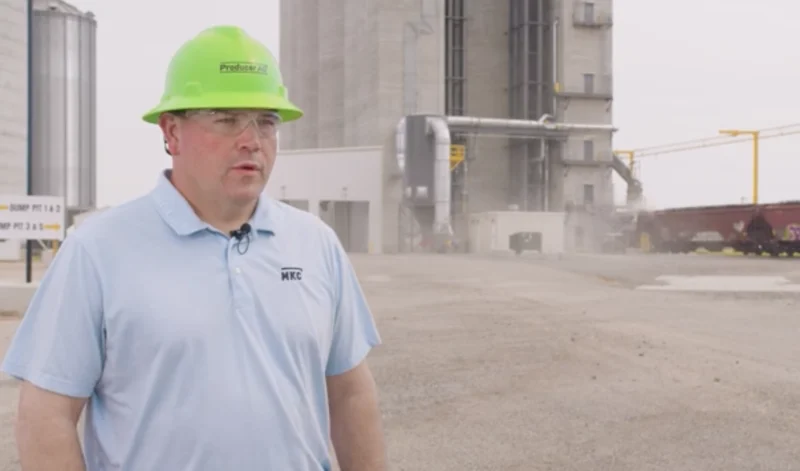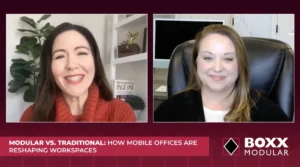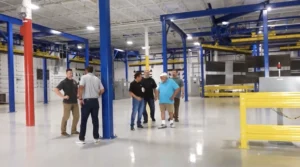The History and Community Outreach Guiding Civil Engineering: Dirt Work
On this episode of Dirt Work, we were joined by Christopher Hernandez of Kimley-Horn. We broke down Civil Engineering to one of its core purposes, which is to navigate the relationship between land and the people that inhabit it. From roots in ancient Mesopotamia and the Far East, to help people protect themselves from the elements and the first irrigations, civil engineering has changed alongside civilizations and cities to address new problems related to sustainability and innovation.
Hernandez stated that “what becomes difficult for cities through changing times, is upholding the commitments that we have already made to the inhabitants enabling them to continue to live and work in an area while also enabling the community to thrive through growth and change”. Traffic congestion currently costs the U.S. economy an estimated $160 billion in lost productivity and cause 3.1 billion gallons of wasted fuel – new technology in machine learning and data science have helped streamline many civil engineering processes, including the automation for traffic counting, allowing for new insights in urban planning to reduce transit downtime and waste, while freeing up capacity for engineers to focus the next wave of problems.
Christopher also highlighted on an often-overlooked aspect of the real estate and development industry which is the community outreach programs such as Urban Land Institute’s Building Industry Leaders Program, a cooperative program between the Urban Land Institute and the Boys & Girls Clubs (BCG) to educate and mentor BGC high school students on the diverse career opportunities in commercial real estate and give them the professional skills to become industry leaders and contributing members of the community. Hernandez was clear to mention that this is not the only program to help lift up the next generation of professionals from historically underdeveloped areas, but that the ACE (Architecture, Construction, Engineering) Mentor Program has been serving the community in a similar capacity since 1994.









